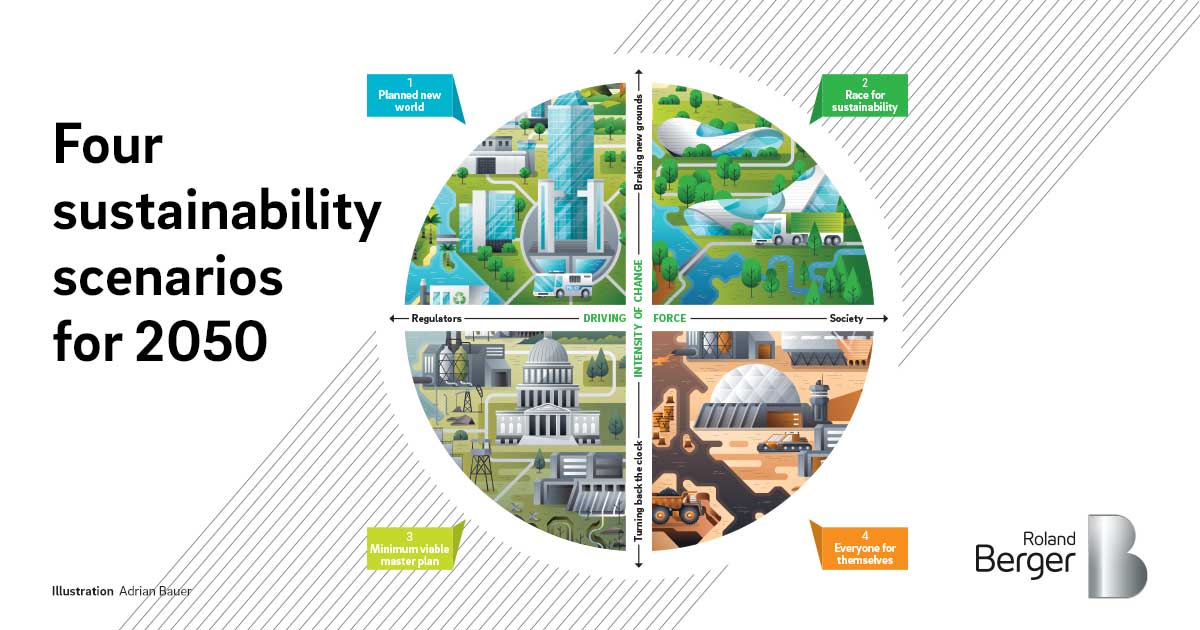Discover innovative solutions for sustainable building practices and learn how to create a strong foundation for a greener future.

Image courtesy of Kei Scampa via Pexels
Table of Contents
Hey there, fellow eco-conscious business enthusiasts! Today, we’re diving into the world of sustainable growth and exploring some strategies to help you build a strong foundation for the future. In a world that’s increasingly focused on environmental and social responsibility, embracing sustainable practices isn’t just a nice-to-have – it’s becoming a must-have for businesses looking to thrive in the long term.
Define Sustainable Growth
When we talk about sustainable growth in a business context, we’re referring to a strategic approach that aims to balance growth with environmental and social responsibility. It’s about achieving business success without compromising the well-being of our planet and communities.
Strategies for Achieving Sustainable Growth
One key strategy for achieving sustainable growth is implementing responsible resource management practices. This might involve reducing waste, optimizing energy consumption, and sourcing materials ethically.
Investing in innovation and technology is another crucial aspect. Embracing new technologies can help improve efficiency, reduce environmental impact, and even open up new opportunities for growth.
Lastly, fostering a company culture focused on sustainability and social responsibility is essential. When employees are engaged and committed to these values, it becomes easier to embed sustainable practices into the fabric of the organization.
Building a Strong Foundation for the Future
Long-term planning and goal setting are key components of building a strong foundation. By setting clear objectives and mapping out a path to achieve them, businesses can ensure they’re working towards a sustainable future.

Image courtesy of www.rolandberger.com via Google Images
Creating a diverse and skilled workforce is also essential. Embracing diversity and investing in training and development can help ensure your organization is equipped to navigate the challenges of a rapidly changing world.
Establishing strong relationships with stakeholders and the community is another critical element. By engaging with customers, suppliers, and local communities, businesses can build trust and create shared value.
Measuring Success and Adjusting Strategies
Tracking key performance indicators related to sustainability is crucial for measuring success. Whether it’s monitoring carbon emissions, waste reduction targets, or employee engagement levels, data can provide valuable insights into the effectiveness of your sustainability efforts.
Regular evaluations and adjustments to strategies are also important. As the business landscape evolves, it’s essential to review and adapt your sustainability initiatives to stay on course towards your long-term goals.
Looking at successful companies that have achieved sustainable growth can provide inspiration and guidance. Case studies can offer valuable lessons and insights into the strategies that have worked for others.
Conclusion
As we wrap up our exploration of sustainable growth strategies, it’s clear that building a strong foundation for the future is crucial for businesses looking to thrive in an increasingly complex and interconnected world. By embracing sustainability, investing in innovation, and fostering a culture of responsibility, businesses can set themselves up for long-term success and resilience.
So, let’s commit to growing green, together. By prioritizing sustainability and building a strong foundation for the future, we can create a more thriving and sustainable world for generations to come.
